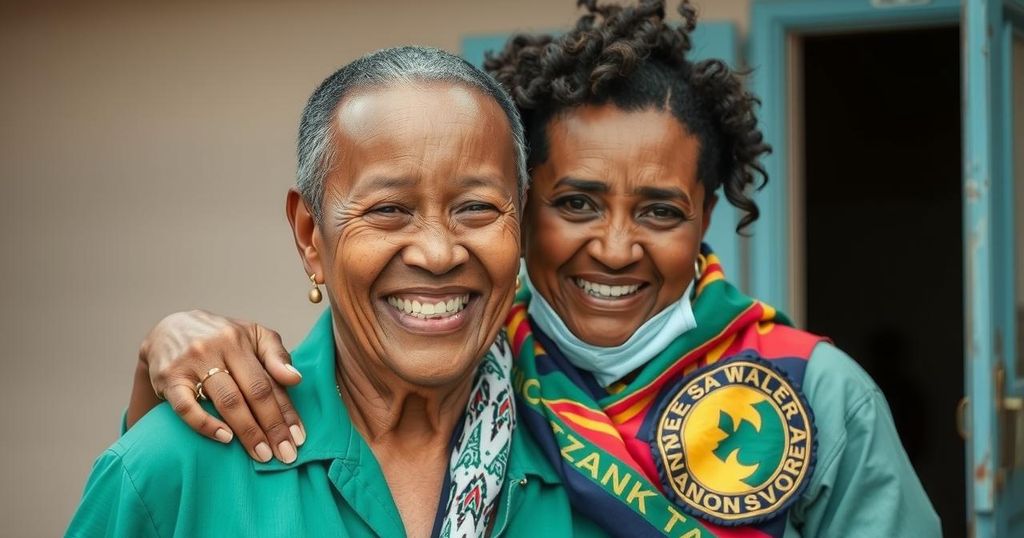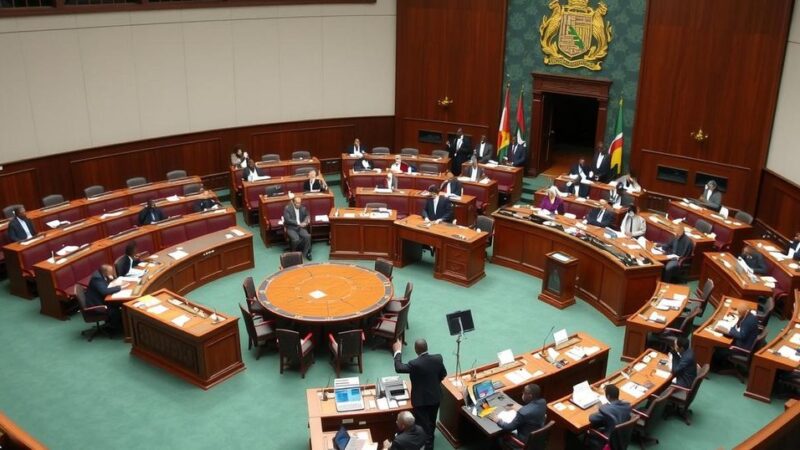Maria Sarungi Tsehai, a Tanzanian activist, was abducted in Nairobi but released shortly after. She accused Tanzania’s intelligence service of responsibility, a claim echoed by her husband. Amnesty International highlighted the incident as part of a troubling pattern of transnational repression against critics. Her abduction draws attention to the risks faced by human rights activists amid rising political tensions in the region.
Maria Sarungi Tsehai, a prominent Tanzanian human rights activist, has been released following her abduction in Nairobi by three armed men. Her husband, David Tsehai, alleged the involvement of Tanzania’s national intelligence service, the TISS, asserting that he believes they orchestrated the abduction. Sarungi Tsehai expressed her gratitude for her safe return on social media. This incident has drawn attention to the concerning trend of targeted actions against government critics in Tanzania and Kenya, particularly as electoral tensions rise ahead of Tanzania’s upcoming national elections.
The case of Maria Sarungi Tsehai illustrates the broader issue of transnational repression, where political opponents face threats even when they seek refuge in neighboring countries. The phenomenon poses significant challenges to human rights defenders, particularly in regions where political dissent is met with hostility. Activists like Sarungi Tsehai, critical of Tanzanian President Samia Suluhu Hassan, have become points of focus for governmental crackdowns—mirroring past incidents where critics were silenced through abduction and intimidation, especially around election periods.
The abduction of Maria Sarungi Tsehai in Nairobi raises serious concerns regarding the safety of human rights defenders in East Africa. The alleged involvement of Tanzanian intelligence services in her kidnapping highlights the risks faced by those who challenge governmental authority. As calls for accountability grow, the event serves as a reminder of the precarious situation for political dissenters, both in Tanzania and abroad, necessitating heightened international scrutiny and support for human rights initiatives.
Original Source: theprint.in







